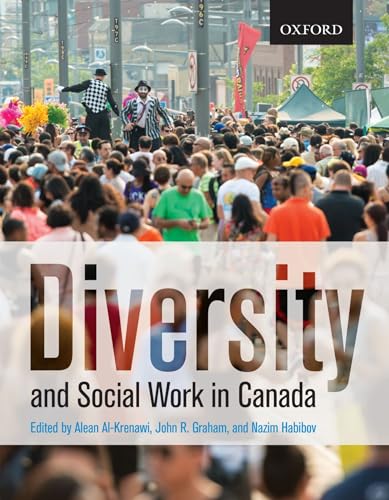
What can I do?īy reflecting on our own identities, their intersections, and practice being mindful we can become better allies for marginalized groups or better able to articulate our own experience. Understanding intersectionality is essential to combatting the interwoven prejudices people face in their daily lives. Therefore, oppression cannot be reduced to only one part of an identity each oppression is dependent on and shapes the other. Intersectionality shows us that social identities work on multiple levels, resulting in unique experiences, opportunities, and barriers for each person. Oppression is the force that allows, through the power of norms and systems, the unjust treatment or control of people. Intersectionality is directly tied to oppression. Intersectionality is a framework that describes how our overlapping social identities relate to social structures of racism and oppression. Intersectionality merges many identity markers, including race, class, gender, sexual orientation, age, ethnicity, religion, disability, and more, to create a more truthful and complex identity.įor example, a queer black woman may experience the world on the basis of her sexuality, gender, and race - a unique experience based on how those identities intersect in her life. Kimberlé has created a way to think about our identities and how we experience the world called intersectionality.

Kimberlé Crenshaw is an American civil rights advocate and professor at both the UCLA School of Law and Columbia Law School.

Allows social work students and service providers in the UK.

Kimberlé Crenshaw, an American civil rights advocate and professor at UCLA School of Law and Columbia Law School, talks about intersectional theory Publishers Synopsis Written by the UKs leading expert on social work and intersectional theory.


 0 kommentar(er)
0 kommentar(er)
